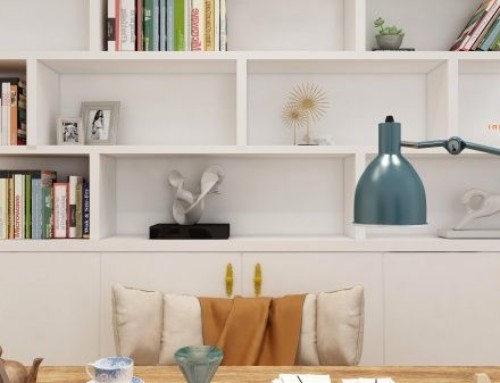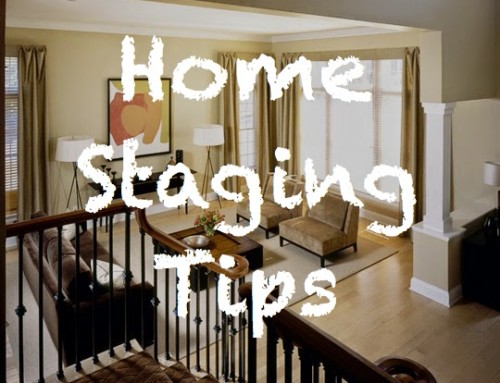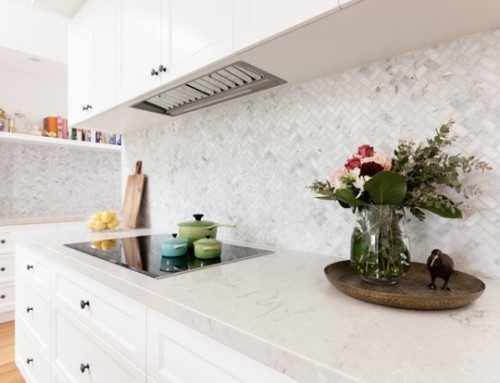On Ask Sandra Monday, Alison who is currently undergoing renovations in her home is having second thoughts about her concrete counters and is wondering what other alternatives there are.
Originally we had picked concrete counters for her island, and butcher block counter for other surfaces but she is afraid that she might break her dishes on her concrete slab!
As a designer its my role is to assess people lifestyles and educate them about the different options they have so they can make the best decision.
So here I have created a guide on different counter tops:
Marble
Pros: comes in a variety of colors and patterns, smooth surface, won’t chip or dent, heat-resistant.
Cons: Expensive, can be scratched or etched by acids (citrus, coffee, alcohol, and some cleaning products) even if you seal it!
Cost: 100-400$/foot
Granite
Pros: more durable than marble, won’t scratch, resistant to stains, heat and water sealed, low maintenance, high resale value, lots of color options.
Cons: Expensive, requires resealing about once a year
Cost: 100-400$ / foot
Engineered stones (quartz)
Pros: nonporous, resist scratches and stains, easy to maintain, no sealant required. looks like natural stone.
Cons: Not fully heatproof
Cost: 50-150$ / foot
Stainless Steel
Pros: Durable, stainproof, spillproof, temperature-proof, easy to clean (although you have to clean constantly), easy to maintain and helps reflect light.
cons: can nick and scratch, can show fingerprints, noisy.
cost: 100-300$ / foot
Wood/Butcher Block
Pros: Good for chopping/prep surface, gentle on delicate glassware/china.
Cons: Easily damaged by burns dents spills and scratches, requires food-safe protective sealer, needs regular maintenance, will discolor of installed around the sink.
Cost: 40-150$ / foot
Ceramic tile or Mosaic
Pros: Durable, easy to install and clean, heat and moisture resistant.
Cons: uneven surface, tiles can get scratched or chipped, grout can stain.
Cost: 2-150$ / foot
Concrete
Pros: Heat and scratch- resistant, smooth, very strong, lots of texture and color options, pretty durable, can seamlessly integrate sink and backsplash.
Cons: can get cracked, somewhat porous, must be sealed and waxed, needs to be custom cast.
cost: 80-150$/foot
Glass
Pros: Lots of color, shape and texture options, non-porous, heat resistant.
Cons: Can crack, chip or break, can’t be repaired, must be replaced, scratches and fingerprints are visible.
Cost: 60-300$/foot
Laminates
Pros: Stain resistant, lots of color options, low maintenance and inexpensive.
Cons: can crack and scratch, not heatproof, difficult to repair.
Cost: 15-60$/foot
Slate
Pros: Great durability, non porous, easy to clean and maintain.
Cons: Corners can be slightly brittle and sharp.
Cost: 50-65$/foot
Bottom line:
There is no perfect counter! Every counter as pros and cons. When choosing a counter look at your overall budget, this will help you pick a material. Second, think about your lifestyle. If you are a low maintenance person, maybe butcher block is not the best option for you etc. Third, visit show rooms and feel the different textures or ask your designer to get you samples you can try at home. Last think about the general aesthetic of your home. If you are going for a more traditional look, you may want to go with granite, marble or even slate. However if you are going for a more modern look, then go for glass, concrete, Quartz and even stainless counters for a clean look.
Here’s Alison’s mood board with all the options:
Sometimes an image tells a thousand words.
Which counter would you choose?















